Not Just Food: 11 Household Toxins That Are Stressing Your Kidneys
It’s easy to overlook these hidden household exposures, especially when they seem so ordinary — after all, everyone uses cleaning sprays, air fresheners, and the occasional bug repellent. But small, repeated doses can build up over time, silently challenging kidney function. The good news? You don’t need an extreme home makeover to lighten the load on your kidneys. A few mindful swaps and simple habits can help keep your kidneys calm and resilient. We've expanded our list of common household toxins that deserve a little more of our attention, along with practical steps to make your home a kidney-friendly haven. Every small step helps — and your kidneys will thank you.
1. Medications: The Surprising Risk from Your Medicine Cabinet
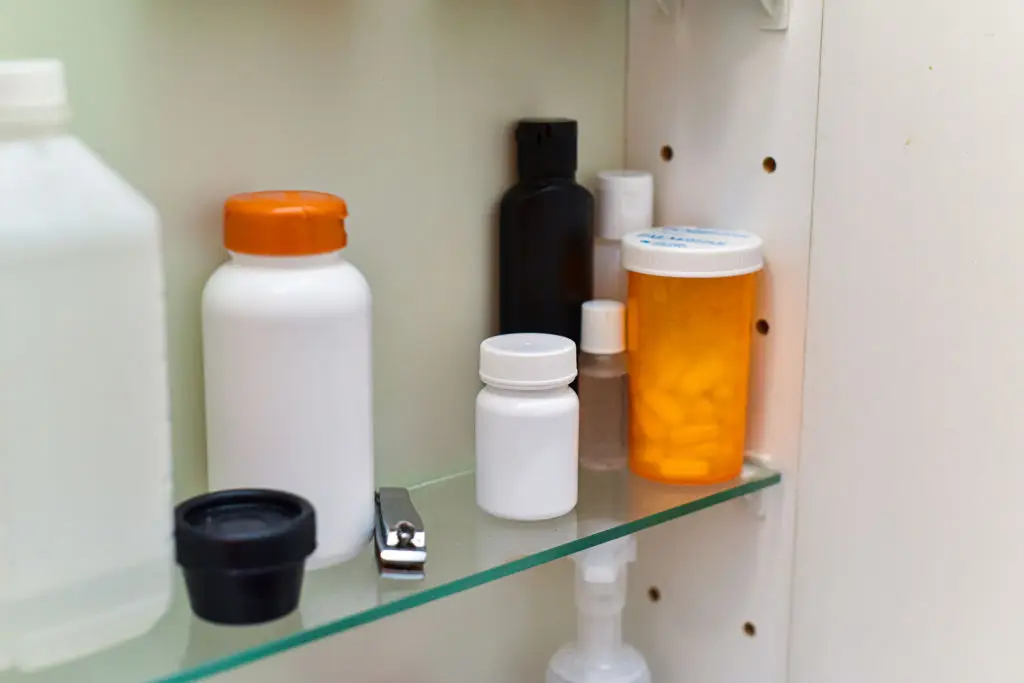
If you’re like most folks, your medicine cabinet is stocked with ways to ease headaches, joint pain, and seasonal sniffles. Yet many popular over-the-counter painkillers—think ibuprofen, naproxen, and others in the nonsteroidal anti-inflammatory (NSAID) family—can quietly stress your kidneys when used in high doses or for long stretches. Even certain prescribed drugs for blood pressure or heart issues carry a similar risk. Kidneys act as the body's natural filtration system, helping to process and eliminate medicine residues. When that process happens too often or the kidneys are overwhelmed, damage can slowly accumulate — especially if you’re managing chronic health challenges or are older. It’s not about cutting pain relief out entirely but about keeping track and talking with your healthcare provider about safer ways to manage symptoms. Consider reaching for acetaminophen (when approved for your situation), using lower doses, or non-medication options like heat therapy and gentle movement. Knowing what sits on your shelf—and how often you reach for it—is an act of kindness for your kidneys. If you’re unsure or taking several medications at once, a quick check-in with your doctor or pharmacist can make all the difference.
2. Cleaning Chemicals: Not So Spotless for Your Kidneys
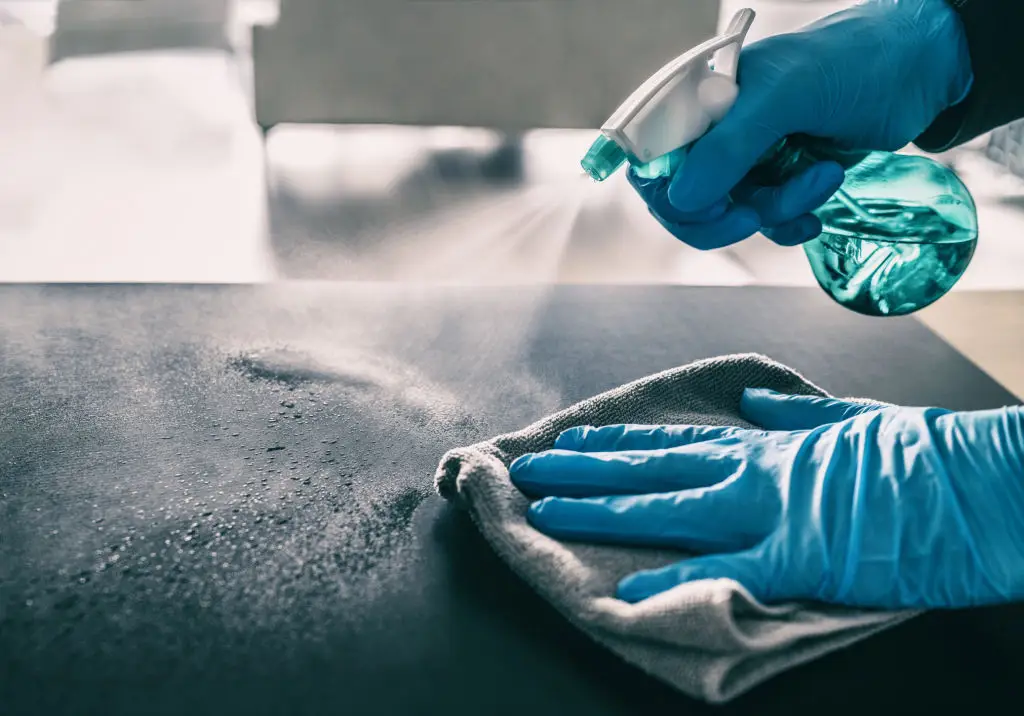
Crisp, lemony-scented sprays and sparkling countertops are hard to resist, but there’s a tradeoff behind the shine. Household cleaning agents like bleach and ammonia-based sprays release fumes and leave residues that don’t just stop at the surface. When you breathe in those sharp smells, tiny particles hitch a ride straight into your bloodstream, where kidneys work overtime to sort and filter them out. Over time, repeated exposure to strong cleaning products—especially in poorly ventilated rooms—can stress your filtration system, leading to increased inflammation and, in rare cases, more serious harm. Accidental mixing of products can even create dangerous gases. What’s the realistic alternative? Try switching to gentler cleaners—like diluted white vinegar, castile soap, or plant-based products—and keep windows open when possible. Gloves and a little extra time spent airing out the bathroom can go a long way. Taking small steps toward safer cleaning isn’t about perfection; it’s about building a healthier rhythm for your kidneys with every sweep and scrub.
3. Laundry Detergents and Fabric Softeners: Clean Isn’t Always Safe
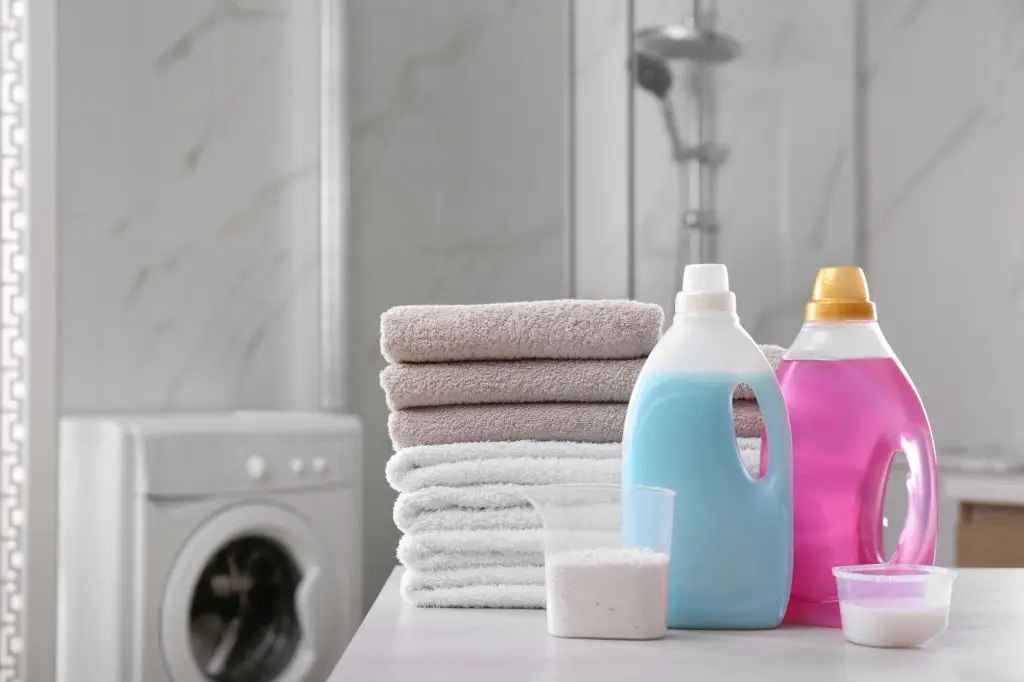
We all love the feeling of freshly laundered sheets and that popular “clean” scent. But many mainstream detergents and softeners owe their staying power to an array of strong chemicals, including phosphates and quaternary ammonium compounds. Not only are these substances tough on the environment, but tiny traces can stick to your clothing and bedding – making it easy for skin to absorb them or for you to inhale residual dust. While the impact from a single wash is small, doing multiple loads week after week adds up, quietly increasing the kidney’s burden over time. People with allergies or sensitive skin may notice irritation, while others won’t see any immediate signs—yet the internal effects continue. The solution doesn’t have to mean giving up on softness or freshness. Look for unscented, dye-free, or “eco” detergents, and swap out fabric softeners for simple alternatives like dryer balls or a splash of vinegar. These changes can keep your clothes, and your kidneys, feeling their best.
4. Air Fresheners & Scented Candles: Invisible Toxins in the Air
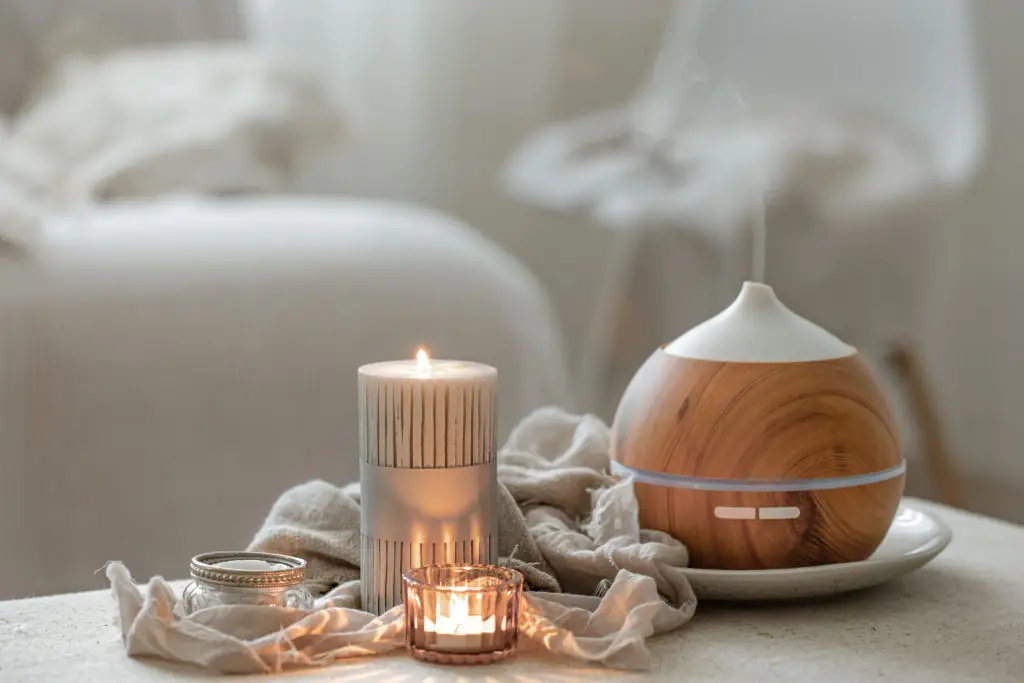
There’s something cozy about a scented candle flickering in the living room or the quick spritz of an air freshener before guests arrive. But many of these products are crafted with volatile organic compounds (VOCs) and phthalates—chemicals that are released into your indoor air and then enter your body with every breath. Because kidneys help filter nearly everything that ends up in our blood, these airborne toxins eventually become their concern. Over time, frequent exposure can contribute to inflammation or heighten health risks, especially for people already dealing with kidney challenges or respiratory issues. There’s no need to strip your home of comforting smells altogether. Try introducing natural air purifiers like houseplants or letting in fresh air. Baking soda, simmering herbs, or an occasional essential oil diffuser in a well-ventilated room can offer that inviting scent without extra strain on your filtration system. Even small swaps help your kidneys (and lungs) breathe a little easier.
5. Pesticides & Insecticides: Home & Garden Kidney Hazards
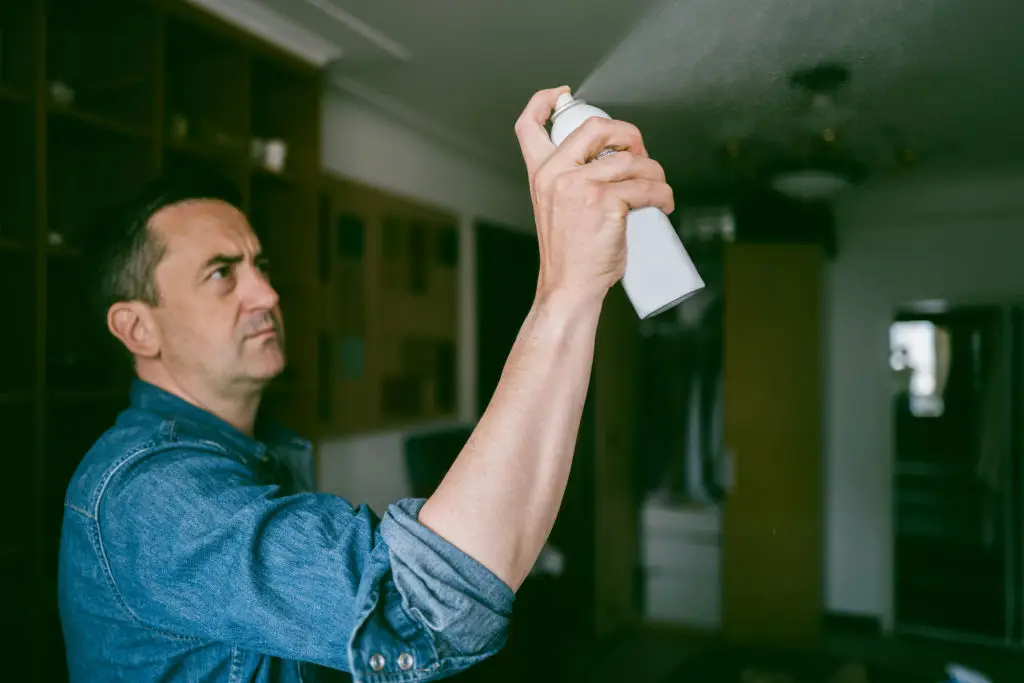
Protecting our homes and gardens from pests and weeds is a regular part of maintenance. However, many common bug sprays, weed killers, and rodent repellents contain nephrotoxic chemicals—including organophosphates and carbamates—that have been linked to kidney damage with long-term or frequent exposure. These products can linger on surfaces, drift from gardens into the home, and sometimes end up in the air we breathe or on the foods we eat from our backyards. Children and pets are especially at risk from crawling or playing in treated areas. Safety doesn’t mean giving up on pest control but rather being more mindful: Start by storing such products out of reach, always following instructions (especially on ventilation and timing), and considering safer alternatives like neem oil or diatomaceous earth. If applying any spray, wear gloves and wash hands immediately. The more consciously you use these products, the less unpaid work you hand off to your kidneys.
6. Personal Care Products: The Hidden Risks on Your Skin
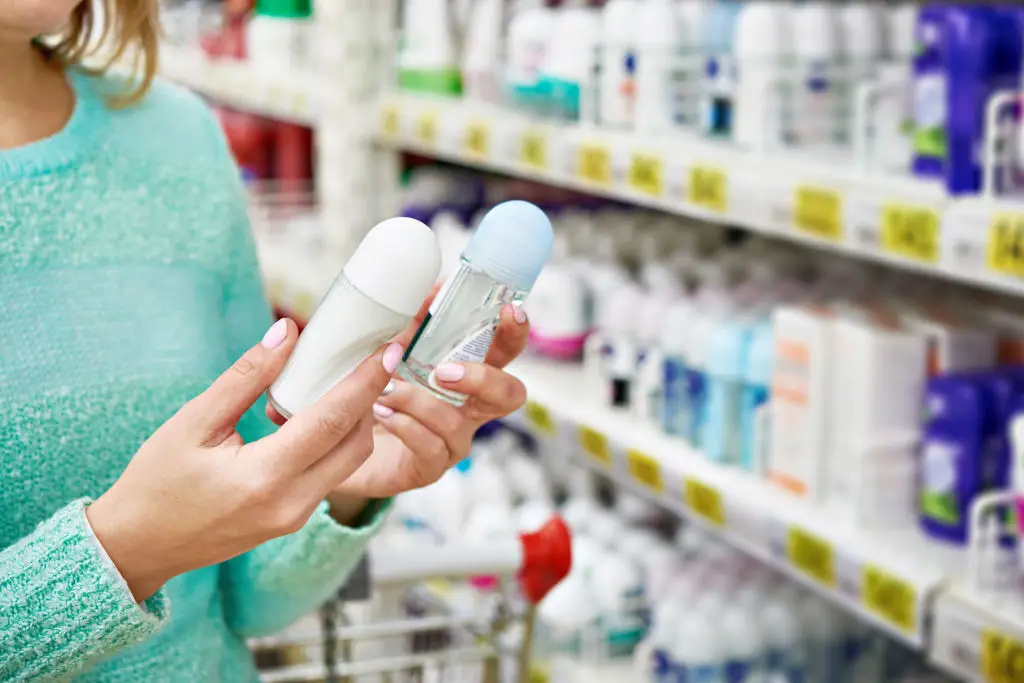
The lotions and potions living on bathroom counters play a role in self-care and confidence. Yet, in the pursuit of beauty or grooming, it’s easy to miss that some popular hair dyes, nail polishes, and cosmetics contain ingredients like formaldehyde, parabens, or toluene—additions made to preserve shelf life or hold a color. Though only tiny amounts are absorbed through the skin or inhaled, the cumulative effect over months and years may quietly impact kidney health by adding to the body’s overall toxic load. The journey toward “clean” beauty doesn’t require tossing everything overnight. Try choosing fragrance-free or hypoallergenic products, or look for “paraben-free” and “formaldehyde-free” labels. A simple skincare routine with fewer ingredients can lessen the unseen work your kidneys do and make room for more radiance from the inside out.
7. Plastic Food Containers (Phthalates and BPA) — The Leaching Lunchbox
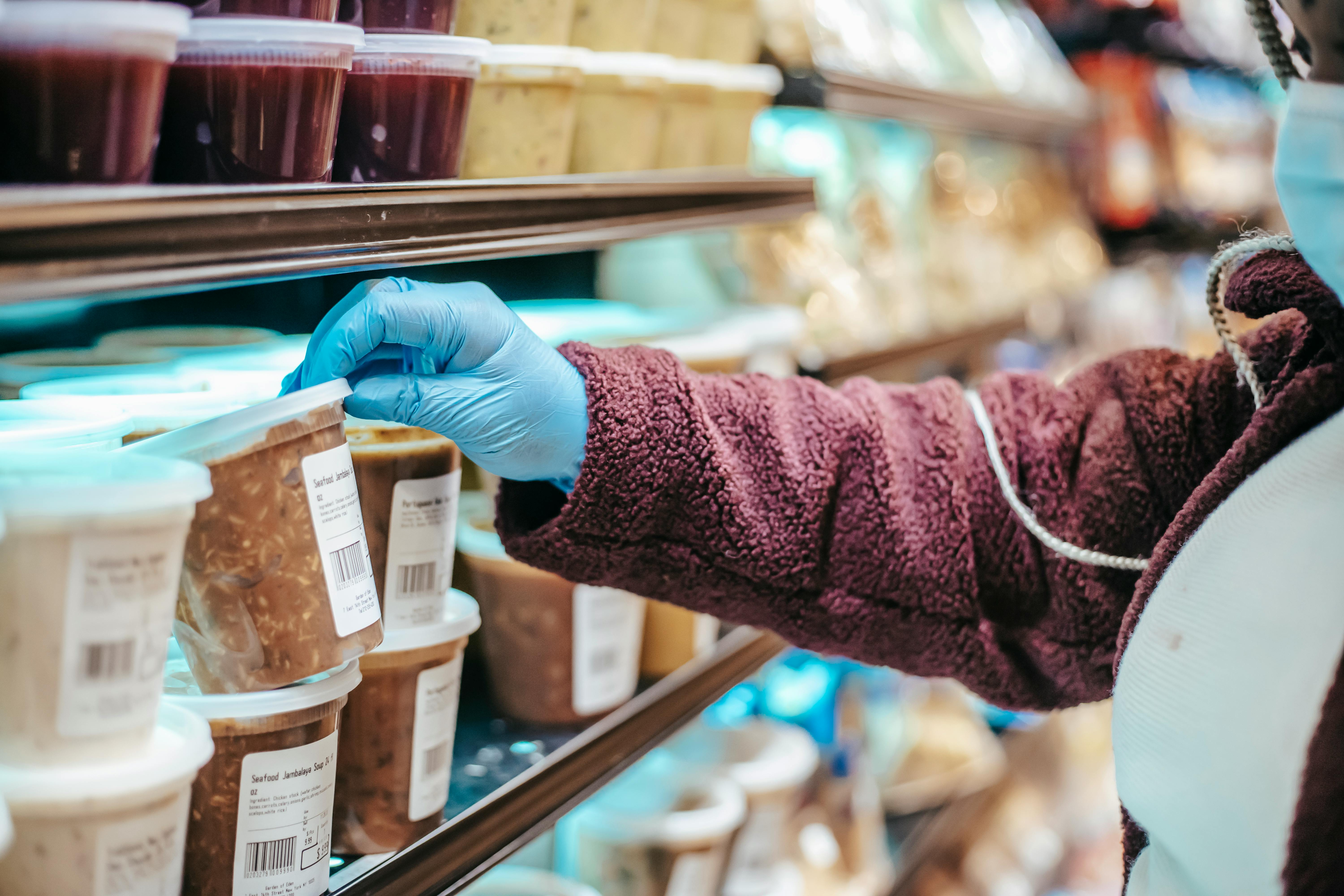
Plastics are ubiquitous in food storage, but many still contain phthalates and Bisphenol A (BPA)—endocrine-disrupting chemicals used for flexibility and hardening. When plastic containers are heated (like microwaving leftovers) or used with fatty foods, these chemicals can leach into your food and drink. Once ingested, the kidneys must work to filter and excrete them. Frequent, cumulative exposure adds to the overall toxic burden. To reduce this silent stressor, switch to glass or ceramic containers for storing and reheating food. If using plastic, never microwave it, and avoid putting hot food directly into it, allowing your kidneys to avoid unnecessary daily detox work.
8. Tap Water Contaminants (Heavy Metals and Pesticides) — The Daily Drink Burden
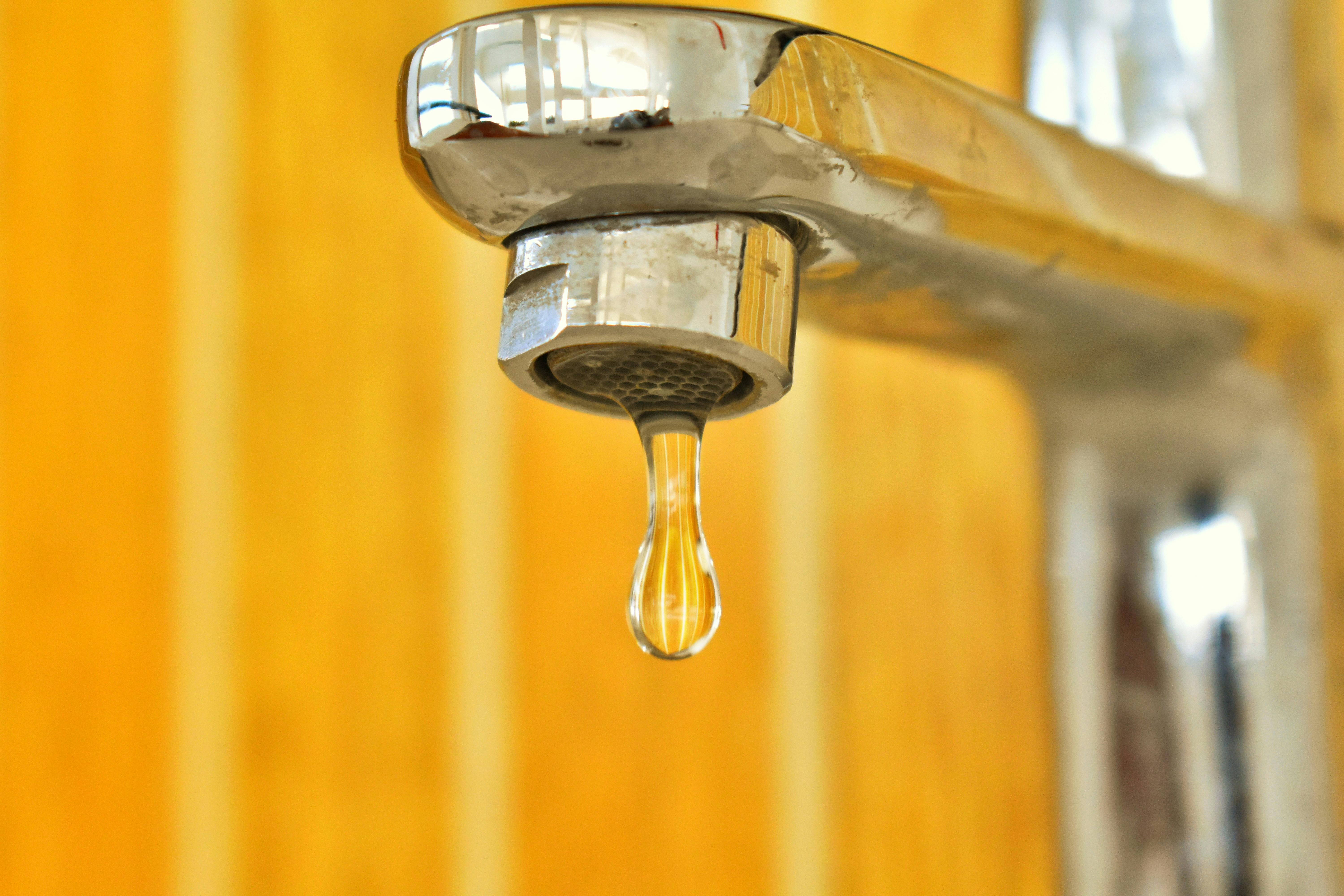
While drinking water is essential, the quality of your home’s tap water can pose a hidden challenge. Depending on your city and plumbing, tap water may contain trace amounts of heavy metals (like lead from old pipes), pesticide residues, or pharmaceutical byproducts that standard municipal filtration doesn't entirely remove. Your kidneys are the final line of defense against these substances. A simple, mindful tweak is to invest in a high-quality activated carbon filter (like a pitcher or faucet-mounted unit). This step provides an inexpensive, continuous level of filtration, ensuring the most vital substance you consume is as pure as possible for your hard-working kidneys.
9. Non-Stick Cookware (PFCs/PFAS) — The Hidden Fume Threat
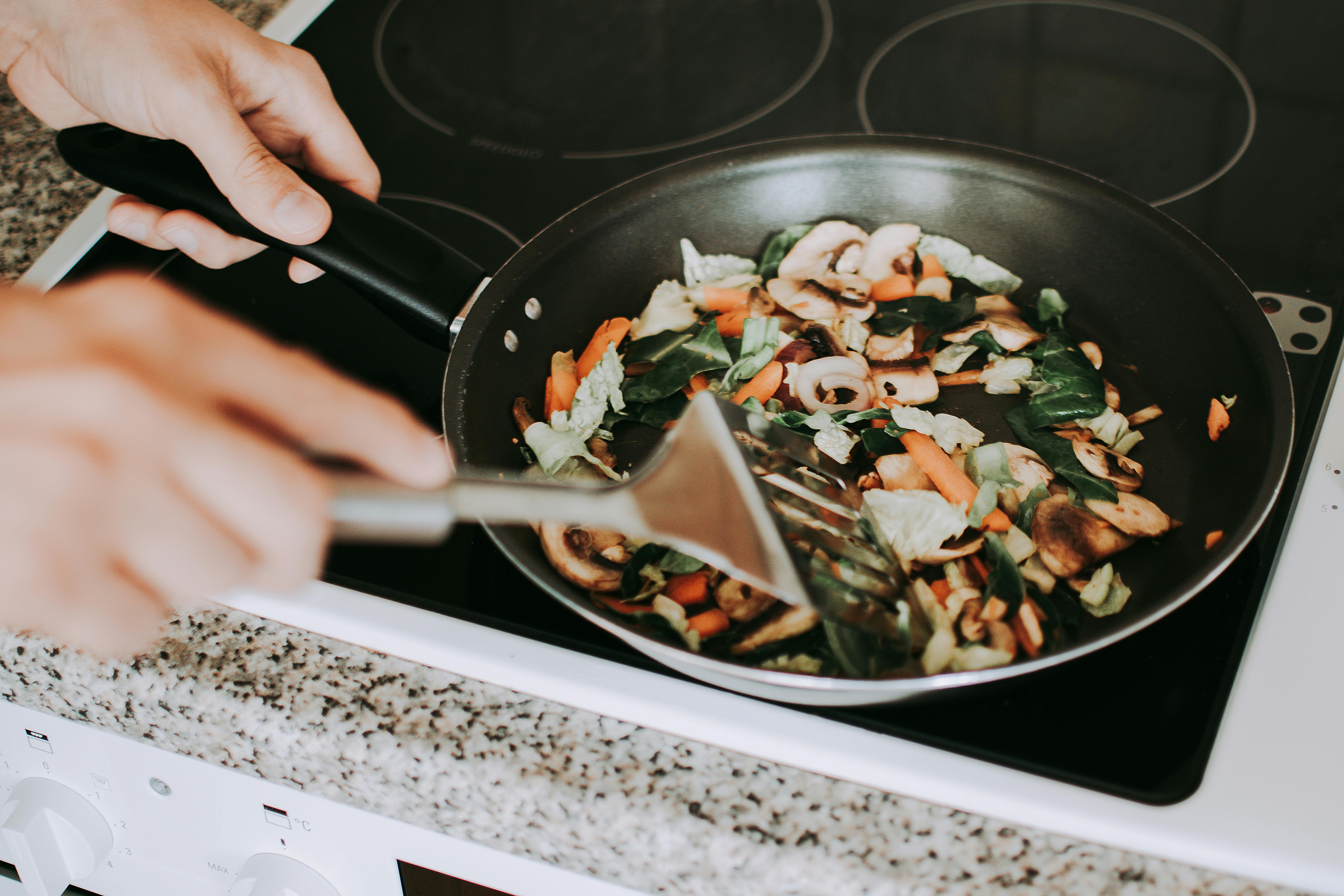
Many homes rely on non-stick pots and pans for easy cleanup, but many older or cheap brands are coated with chemicals known as PFCs or PFAS (per- and polyfluoroalkyl substances). When these coatings are overheated or scratched, they can release toxic fumes and tiny particles into the air and food. These "forever chemicals" are known to be persistent and difficult for the body to eliminate, placing a measurable, long-term strain on the kidneys, which shoulder the majority of their excretion burden. Swap damaged non-stick pans for cast iron, stainless steel, or properly cured ceramic to remove this daily exposure source and protect your filtration system.
10. New Furniture and Carpets (VOC Off-Gassing) — The Long-Term Air Polluter
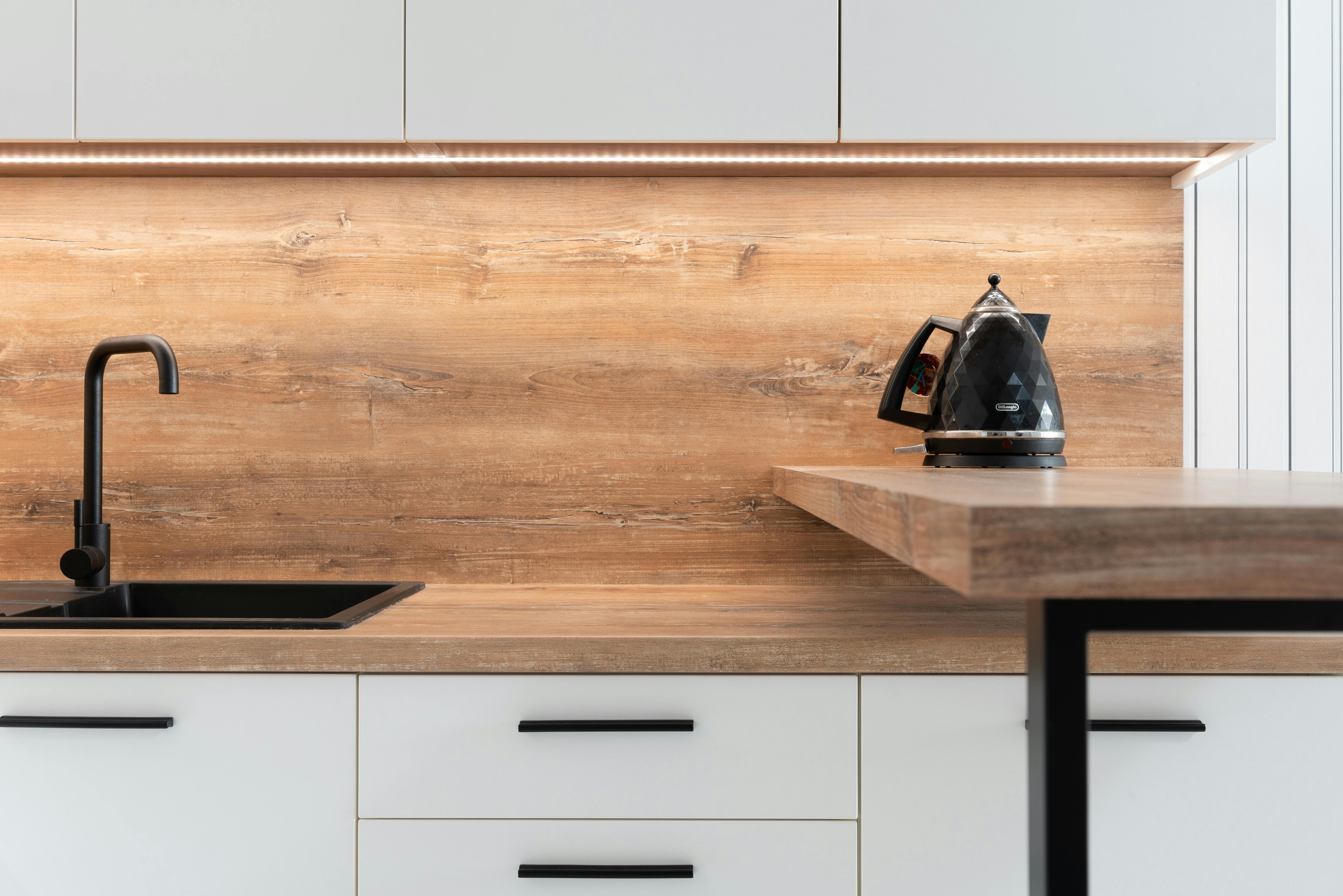
Bringing new items into your home, such as new carpets, particleboard furniture, or fresh paint, can introduce kidney-challenging chemicals through a process called off-gassing. These items release Volatile Organic Compounds (VOCs), including formaldehyde, into your indoor air for weeks or months. These VOCs are inhaled and must be processed by the body’s filtration systems. When acquiring new items, look for low-VOC or zero-VOC labels. When possible, air out new items in a garage or well-ventilated space before bringing them indoors, and ensure fresh air circulation to dilute the concentration of airborne toxins your kidneys must ultimately handle.
11. Dust and Dander (Flame Retardants) — The Settled Toxin Load

Household dust is a surprising reservoir of toxins because it collects shed skin cells and microparticles from furniture, electronics, and clothing treated with flame retardants (PBDEs). These chemicals, added to materials to meet fire safety standards, are neurotoxic and difficult for the body to excrete. When inhaled or ingested (especially by children), they significantly increase the body’s toxic load. Making a habit of wet dusting and vacuuming with a HEPA filter more frequently helps capture these settled contaminants, preventing them from recirculating, providing a practical, daily reduction in the overall, unseen chemical burden placed on your kidneys.
Caring for Kidneys, One Gentle Choice at a Time

Real change doesn’t arrive overnight or require perfection—it’s found in the gradual, loving choices we make to swap out a cleaner, question a label, or create a fresh breeze in our living room. With every small action, we are showing our kidneys some real gratitude for all they do. Celebrate your curiosity, embrace progress over perfection, and enjoy the journey of transforming your home into a place that truly supports every part of you. That’s the path to vibrant, confident, lifelong wellness, one gentle step at a time.